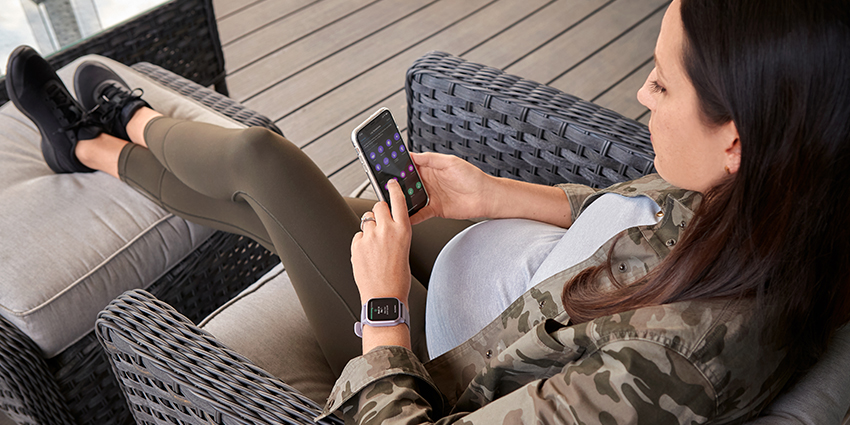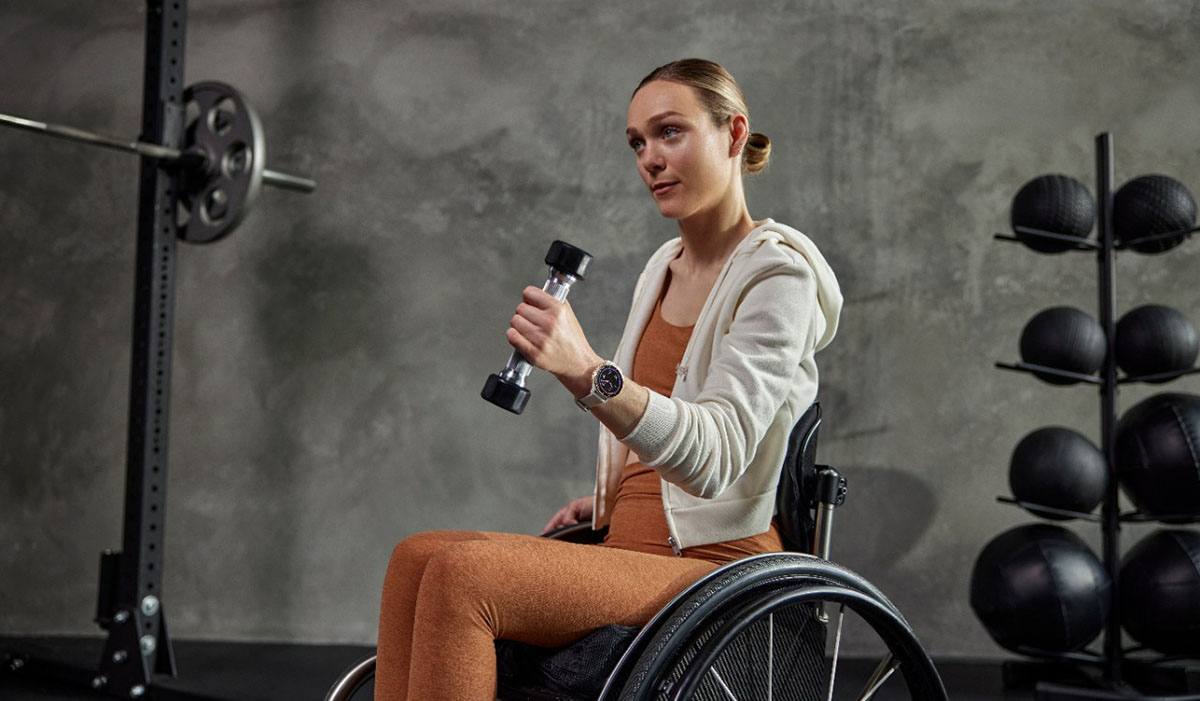
Researchers Eye Garmin Fitness Tracker Data as Helpful Tool in Improving U.S. Maternal Morbidity Rates
The United States is in the throes of a maternal mortality and morbidity crisis, with a 2022 report from the CDC reporting that “more than 80% of maternal deaths [in the U.S.] are considered preventable” — a staggering increase from 60% in 2017. What’s more, the historical focus on prevention from an inpatient setting has led to the biggest contributors to the crisis eluding past prevention methods.
The report recognises that more than three-quarters of maternal deaths occurred outside of delivery hospitalisation, with mental health conditions being the No. 1 factor. This has called for a new approach to mortality and morbidity prevention in prenatal and postpartum women, focusing on improving health within their everyday environments. With technology at the forefront of the solution, Garmin was called upon to provide the crucial metrics needed to empower the software that has been created to help mitigate this crisis.
Software as a Preventive Solution
Maternal health is an area where a more sensitive understanding of the current state of physiological systems, and in particular, the real-time responsiveness of those systems during pregnancy and in the postpartum year can have a substantial long-lasting impact. This impact weighs upon the individuals involved — the mother and, by extension, the child. Recognising this, three entities came together utilising metrics captured from Garmin smart wearables to help identify physiological maternal distress before an adverse event occurs.
Pro-Activity, a human achievement company, in collaboration with the Academy of Prevention & Health Promotion Therapies (APHPT), developed a seed challenge seeking to use their aggregated wearable data system (known as CISRS) in underrepresented populations. Women’s health physical therapist, Dr. Katherine Sylvester, who wanted to use the system in the Black and Native American maternal health populations, was awarded the seed. She created Operation M.I.S.T. and, with the use of CISRS, a mother’s physiological metrics are remotely monitored from conception through the postpartum year.
Tracking Maternal Biometrics with Garmin Wearables
Software developed by Pro-Activity aggregates metrics collected by the Garmin vívosmart® 4, including Body Battery™, stress score, sleep (total and quality), intensity minutes, resting heart rate, VO2 max, fitness age, Pulse Ox and step count, in a clinically meaningful way to help detect physiological distress1. The software, when combined with the professional guidance from remote health advocates of Operation M.I.S.T., brings real-time health insights directly to the mother before she enters the health-care system. When a woman’s data falls outside her previously established baseline norms, a maternal health advocate reaches out to troubleshoot the variance. Emotional stress, poor food choices, certain medications, and home and job environments (to name a few) can all influence stress. After troubleshooting the likely cause and finding the cause is not indicating referral to a medical provider, the maternal health advocates of Operation M.I.S.T. suggest solutions for the woman and offer individual and community resources. Once a solution is initiated, there typically is a return to baseline data — meaning in partnership with her advocate, a mother’s physiological stress can be detected, explored, mitigated and resolved prior to a maternal adverse event taking place.
Pro-Activity and APHPT chose to collaborate with Garmin on this project because of the suitability and relevance of metrics collected by the vívosmart 4, as well as the battery life and longevity and robustness of the device. Furthermore, the average cost of the device paired with its low profile made it a desirable choice among the maternal health population. End-user feedback revealed that the Garmin smart wearable was visually appealing and comfortable for round-the-clock wear. Another benefit highlighted in participant feedback was that wearing the fitness tracker during sleep was not uncomfortable, as can be the case with some other health-tracking devices.
Pro-Activity’s CISRS tracks longitudinal data and makes conclusions by comparing it to thresholds that have been found to be relevant through previous study rounds. While each user’s data has intricacies that make it difficult to understand overall normal patterns, it is known that once an individual baseline is established, the data is fairly clear when variance is beyond the normal fluctuations of an active life. Through the data collected via the Garmin vívosmart 4, Operation M.I.S.T. says it has prevented unnecessary health-care costs and has successfully intervened during times of infection, preeclampsia and low haemoglobin to help mitigate poor outcomes due to gaps in care.
The Future of Pro-Activity and Garmin
Following the success of this collaboration, Pro-Activity has several health-care studies underway using the Garmin-aided CISRS. These include tracking and monitoring the health of children with Marfan syndrome, helping to manage and improve health in type 2 diabetes patients, and using CISRS to track, monitor and predict the risk of injury of employees within a major manufacturing company.
Want to learn more about related projects? Visit www.garmin.com/third-party-studies-overview for more information.




